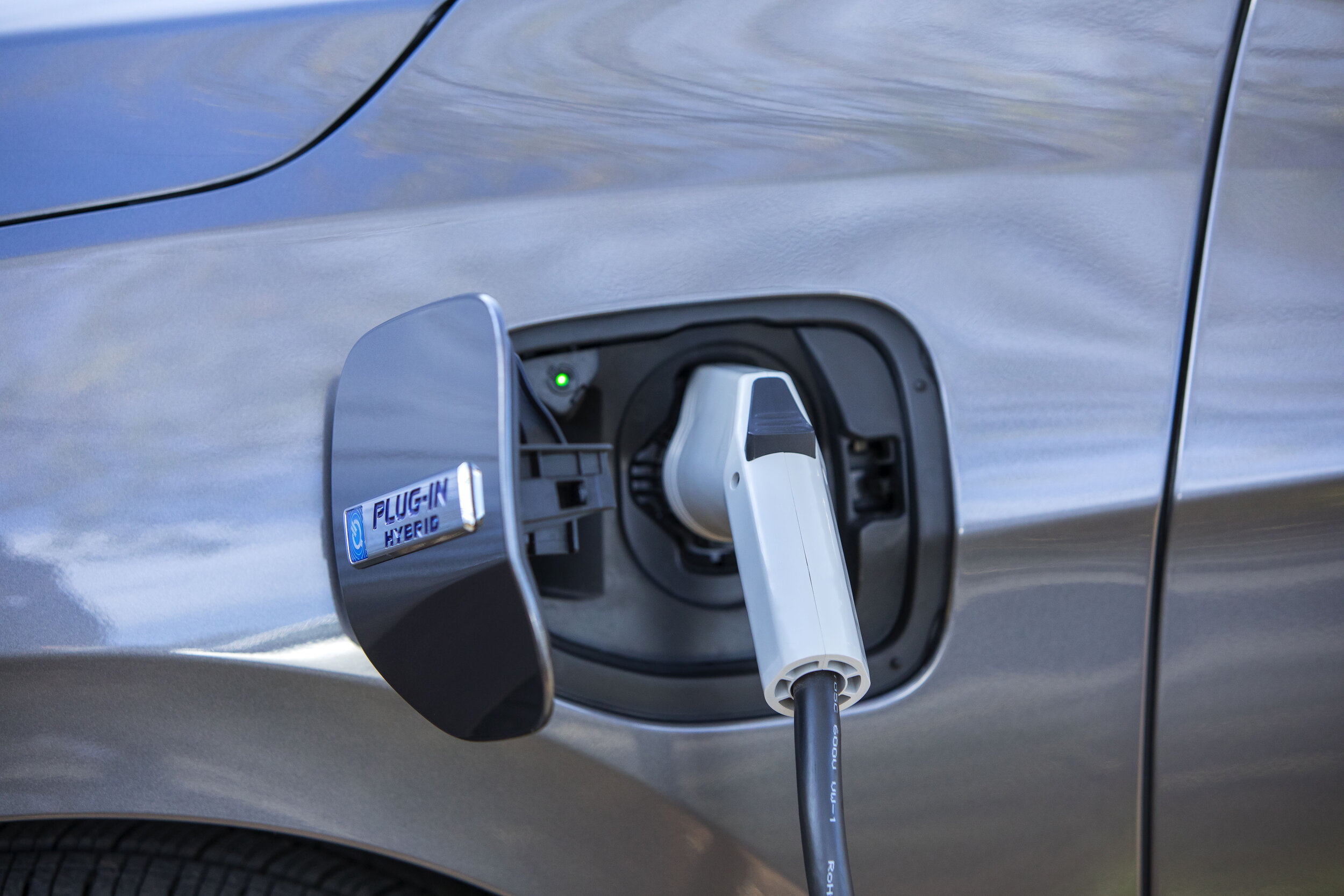2021 Toyota RAV4 Prime: The Perfect “Bridge” PHEV?
[Jan. 3, 2020]
If you’ve read some of my other posts on this site, you’ll know I’m far from an unqualified fan of Toyota – but that opinion isn’t completely unfounded. Yes, the company’s vehicles are generally well built, reliable, and have enviable historic resale value, but the company’s notoriously conservative approach to business has made it a laggard on many technologies. In many ways, it’s surprising that the company was bold enough to develop and bring the Prius hybrid to market in the first place. Since that giant step forward, however, the company has taken an excruciatingly incremental approach to new technologies.
In the area of EVs, Toyota still seems to take a “compliance car” approach, producing only a few token models globally in order to meet EV mandates or CO2 targets. The company is still standing by its current hybrid technology, and stubbornly continues to support its hydrogen fuel cells, a technology many other companies only have a minimal stake in. All of that said, the company might have a major hit on its hands with the 2021 RAV4 Prime.
There are many people who are intrigued and curious about EVs but are hesitant to take the plunge due to real or perceived range anxiety, or they’re simply unwilling to totally abandon internal combustion engines out of a sense of comfortable familiarity or a fear of the unknown.
The RAV4 Prime hits all of the hot buttons in the current automotive market. 1) It’s a C-segment (compact) crossover; 2) it’s “electrified” (plug-in hybrid, in this case); and 3) it has 302hp (moms and dads alike can appreciate plentiful acceleration and passing power).
There are many unknown factors with the RAV4 Prime at this point. Toyota has not given an official MSRP, and we don’t know the official EPA fuel economy ratings, although Toyota is claiming 90 MPGe with a full charge. Toyota is claiming a 39-mile EV range, which is relatively generous in the PHEV universe, especially now that the 53-mile Chevrolet Volt is no longer with us.
Since Toyota has sold relatively few PHEV or full EV models, the RAV4 Prime will likely be eligible for a generous federal tax credit (currently between $4,000-$7,500 for PHEVs, depending on manufacturer and model). So even at $42,000 or so, the RAV4 Prime could be an enticing option for buyers looking for a compact crossover.
So kudos to Toyota for putting together a compelling package that will likely bring tens of thousands of buyers into the electrified universe – and after becoming more familiar with living with and driving a plug-in, those buyers may be ready to go full-BEV for their next purchase. Who knows, maybe Toyota might have a few full-battery electrics on the market by then to get their repeat business.
(Images courtesy of Toyota.)
Like what you read? Follow us on Google News and like us on Facebook!









